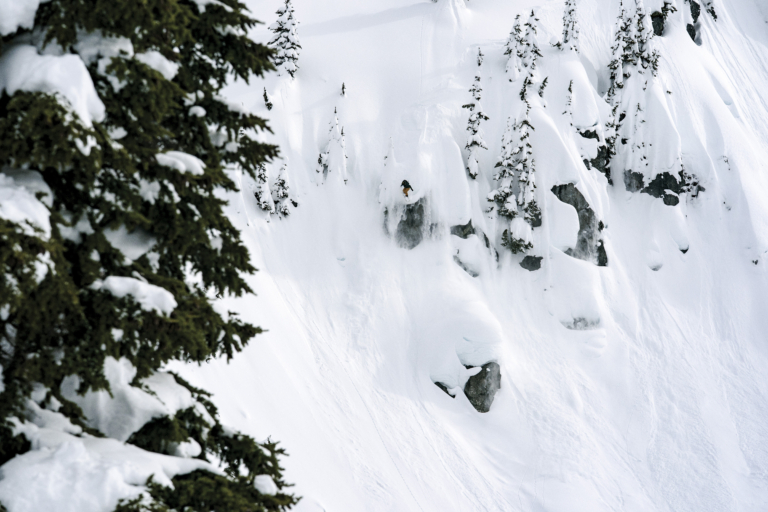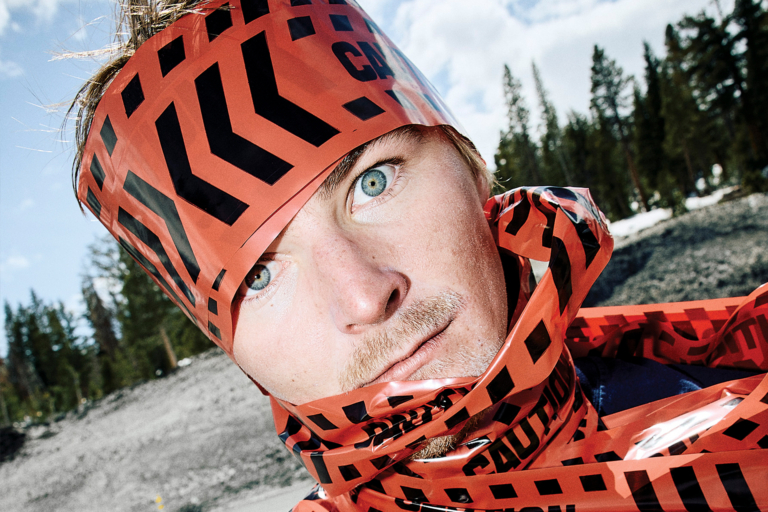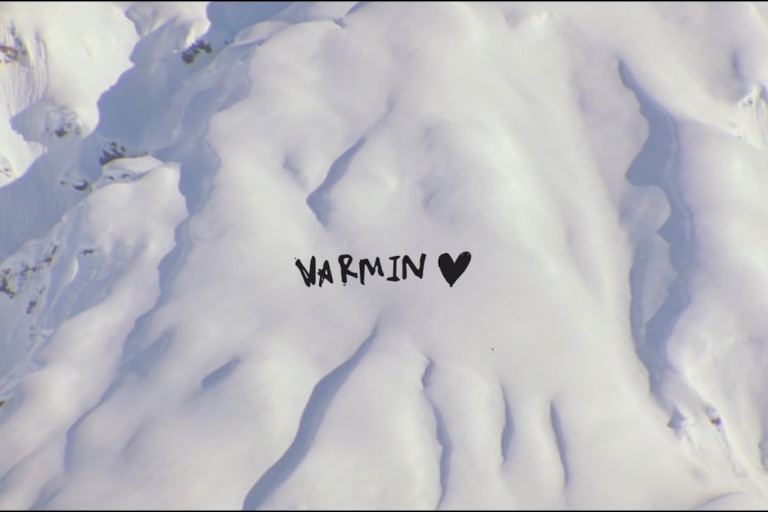Originally featured in Snowboard Magazine 11.3: The Primitive Issue
Today’s world means business. Literally, everything is a business. The mountains now provide the grounds for a multibillion-dollar industry. Our favorite runs and fondest riding memories are often conjured through the luxuries of a resort that provides lift access and grooming maintenance. How else could you fit twenty runs in one day? Where else are you going to find a perfect park? Sure, these operators create such services to make a profit, that is how business works. But these operators can only exist if the environment provides the single most important element — snow.
Many of us travel far and wide to chase the storms, to experience new terrain and to see the world. It provides tranquility, harmony and a connection with the earth. And to think that somehow, the big bad corporate world brought us to such a happy place and closer to our environments — now there is a twist. We may scowl at their rules and protest their development, but we are the other most important element in this business concoction. They won’t provide a service if we do not demand it. The idea is applicable to any business. However, operators like Vail Resorts, Aspen Skiing Company and Powdr Corporation are connected intravenously. With such a symbiotic relationship, what can these operators do to carry on into the future.
[videocaption]Official trailer for The Little Things[/videocaption]
Sustainability means limiting the factors that cause large oscillations, or the swings in business. In order to settle the forecast, these operators must first take into consideration the climate. As Auden Schendler, Vice President of Sustainability for Aspen Skiing Company sees it, “The only reality is that many of the things that people ore businesses are doing will not get you to a sustainable world which means, being in business forever, but also in the modern world means solving climate change.” Schendler continues, “It doesn’t matter what these people or what these industries do if we fail on climate and if we warm the planet 4 degrees Celsius. If you don’t solve this primal problem, it really doesn’t matter what you do on wilderness, on recycling, on oceans, on forests, on fisheries, on air pollution. You will fail on all of that if you don’t fix climate.”







